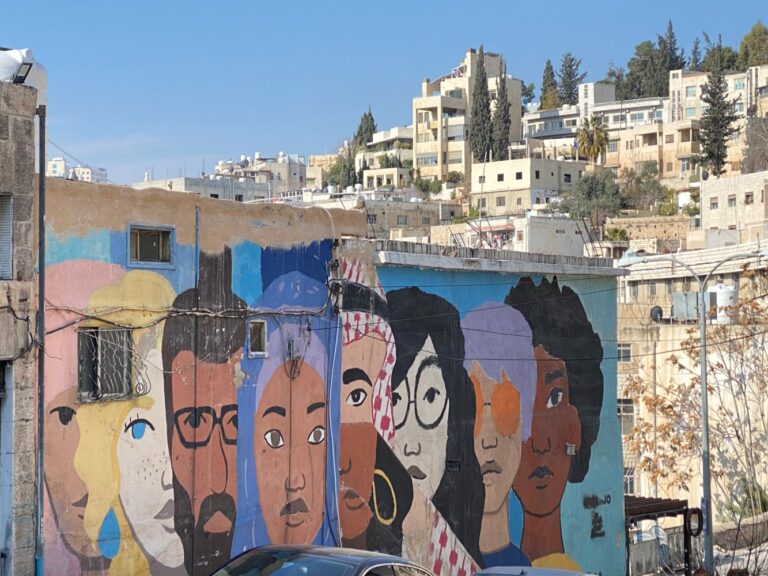- Miscellaneous
- Yahya Mubaideen

Cultural Sensitivity
Cultural sensitivity, also known as cultural awareness, is defined by the NCCC (National Center for Cultural Competence) as being cognizant, observant, and conscious of the similarities and differences among and between cultural groups.
Becoming more culturally aware is a continual process and it can help to have curiosity, an open mind, a willingness to ask questions, a desire to learn about the differences that exist between cultures, and an openness to becoming conscious of one’s own culturally shaped values, beliefs, perceptions, and biases.
The Value of Cultural Awareness:
Cultural awareness is important because it allows us to see and respect other perspectives and to appreciate the inherent value of people who are different than we are. It leads to better relationships, healthier work environments, and a stronger, more compassionate society.
It is about being sensitive to the similarities and differences that can exist between different cultures and using this sensitivity to effectively communicate without prejudice and racism, encouraging harmony, fostering inclusivity, and avoiding misunderstandings.
Cultural sensitivity is the ability to notice, comprehend, and appreciate diverse cultures’ ideas and practices. It entails acknowledging that people from various backgrounds have unique experiences and worldviews shaped by their cultural heritage.
Cultural awareness goes beyond simply tolerance; it promotes active participation, empathy, and an eagerness to learn from others.
Cultural sensitivity is critical in building understanding, respect, and harmony among varied individuals and communities in today’s globe, accelerated by the internet. It is a necessary characteristic that enables us to negotiate the intricacies of our increasingly interconnected society with respect and empathy.
Recognizing and respecting the diverse values, beliefs, rituals, and practices of different cultures is what cultural sensitivity is all about. It inspires us to approach others with an open mind, devoid of prejudice and stereotypes, and to engage in meaningful cross-cultural encounters.
Reducing preconceptions and Prejudice: Cultural sensitivity calls into question preconceptions and preconceived notions about various cultures.
Embrace Curiosity and openness:
Respectful curiosity about cultural differences promotes meaningful interactions and deeper connections. The core of cultural sensitivity is approaching diverse cultures with genuine interest and openness. Rather than forming assumptions or making snap judgments, try to comprehend and learn about diverse customs, traditions, beliefs, and practices.
To broaden your knowledge and get new perspectives, engage in conversations, read books, watch documentaries, or attend cultural events.
Accepting attitude towards variability in culture, where variability is conceptualized as consisting of differences and not as deficits. Furthermore, reducing biased and stereotypical thinking.
Being culturally sensitive does not imply that you have to know every cultural practice out there—that’s an impossible feat. It’s about having a mindset of openness and a willingness to learn. It’s about not making assumptions and understanding that cultural faux pas can and will happen, but it’s the genuine effort to learn and adapt that counts.

